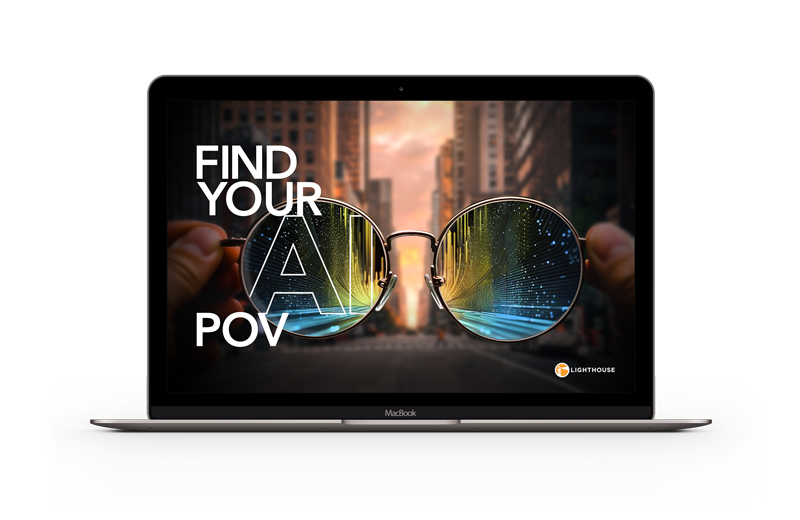
Who Wrote it Better? AI or Attorney
By:
There has been a lot of conversation about using AI in eDiscovery. You may be wondering: What does AI work product actually look like? Is it clunky? Overly generic? Or worse, too risky to trust in real matters?
We put that question to the test. For a recent matter, both our AI and third-party reviewers drafted log lines for privileged documents. Then, we placed them side by side.
The challenge: Can you tell which was written by AI?
Read the privilege log lines below and choose which one you think was AI-generated.
Privilege log line 1:
Privilege log line 2:
Privilege log line 3:
And now the answers. Drum roll, please…
Each of the Option A log lines were AI-generated. Surprised?
In this example, the AI phrasing is more varied and detailed than the attorney-drafted log lines. That’s intentional. Regulators in this matter were known to flag privilege logs that appeared too formulaic. When needed, our experts can adjust the AI solution to generate log lines from a pick list. You can read more about the ability to tailor outputs to nuanced requirements in a previous post.
Of course, this doesn’t mean AI replaces human reviewers. Instead, it means that attorneys have a powerful collaborator: AI produces consistent, first-pass work product quickly, while humans validate, refine, and provide the legal judgment that makes the privilege log defensible.
As we’ve shared in a previous blog post, AI is a suite of tools and privilege logs are just one place where we use AI to accelerate document review. Want to know more about how Lighthouse uses AI to support litigation attorneys and corporate legal teams? Let’s talk.







.jpg)
